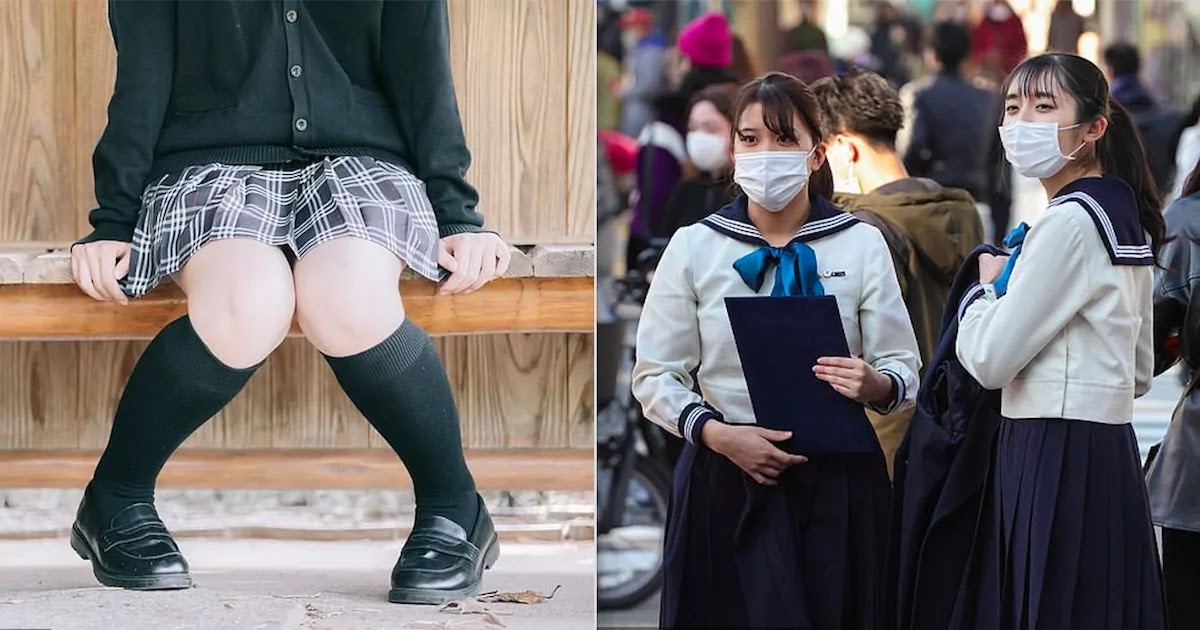
School teachers in public schools in Japan will now be banned from looking at their students' underwear, overturning a bizarre practice that was said to be common-place in some parts of the Japanese education system. A study revealed that in the city of Fukuoka as many as 80% of schools had such bizarre rules in place.
Saga Prefecture, on the south-west Japanese island of Kyushu, have ended the old rules after students and parents complained that 14 schools had a practice in place demanding that students wore white underwear. This meant that teachers could look at Japanese student's underwear or make them undress in front of them.
The new rules will be put in place with near immediate effect.
The Japanese schools will also now make it permissible for students of different genders to wear the uniforms they wish. Meaning boys can wear skirts if they so wish and girls can wear trousers. Students will also be able to choose the colour of their own socks.
Japanese schools have become known for their strict disciplinary regime and the strict rules that students must adhere to. These include the length of girl's skirts, the banning of hair products, shopping on the way to or from school, sitting before the bell rings, and not being silent in class.
It is thought that many students and parents have been scared to speak out against these rules out of fear that their grades may be affected.
Casey Baseel, writing in Japan Today, said of the rules:
"By focusing on the choice of color, instead of the resulting visibility or lack thereof, schools are in effect granting themselves the authority to look at students' underwear, and also in effect forcing students to let teachers, classmates, and school staff know what color of bra and panties they're wearing on school days. These are the sort of things that people are concerned about, and so at the start of the month a notice was sent to schools throughout the prefecture asking them to re-examine not just their dress codes, but their student conduct policies in general, and look for rules that need to be reconsidered or revised in light of how they impact students and emerging societal values."
[h/t: Daily Mail]













COMMENTS